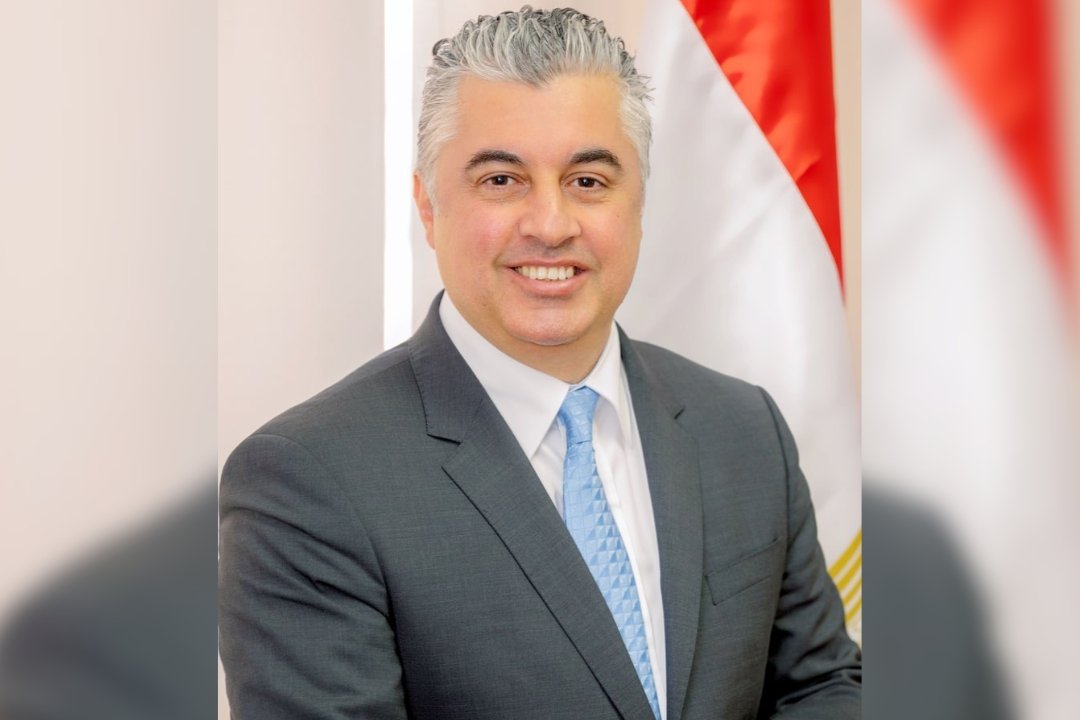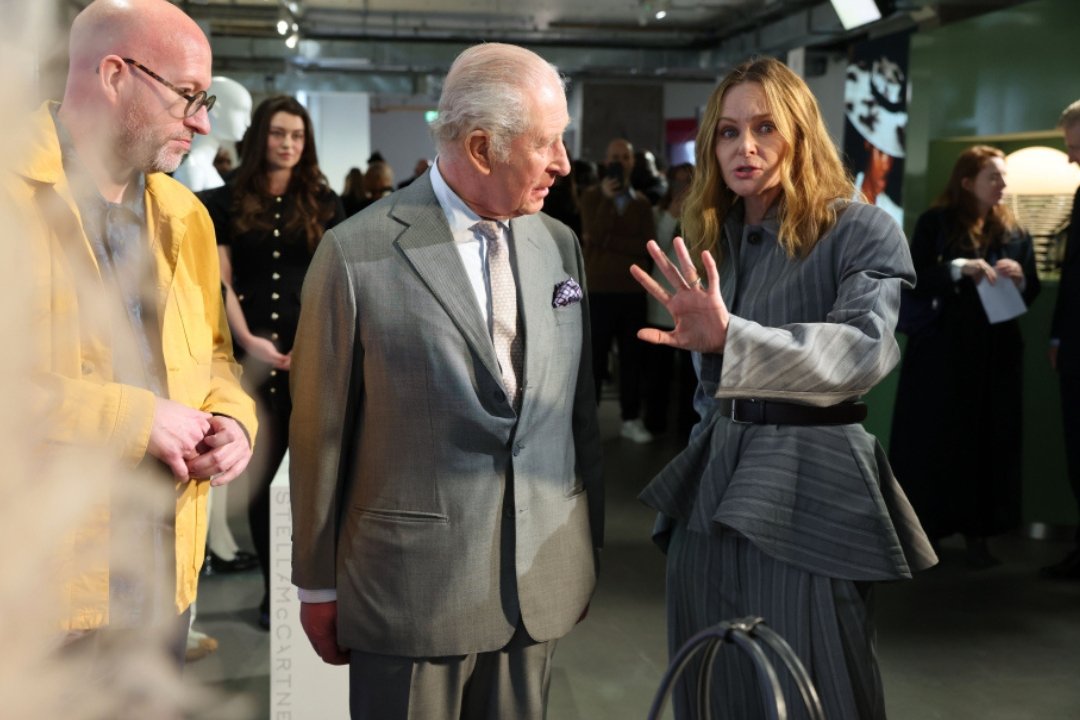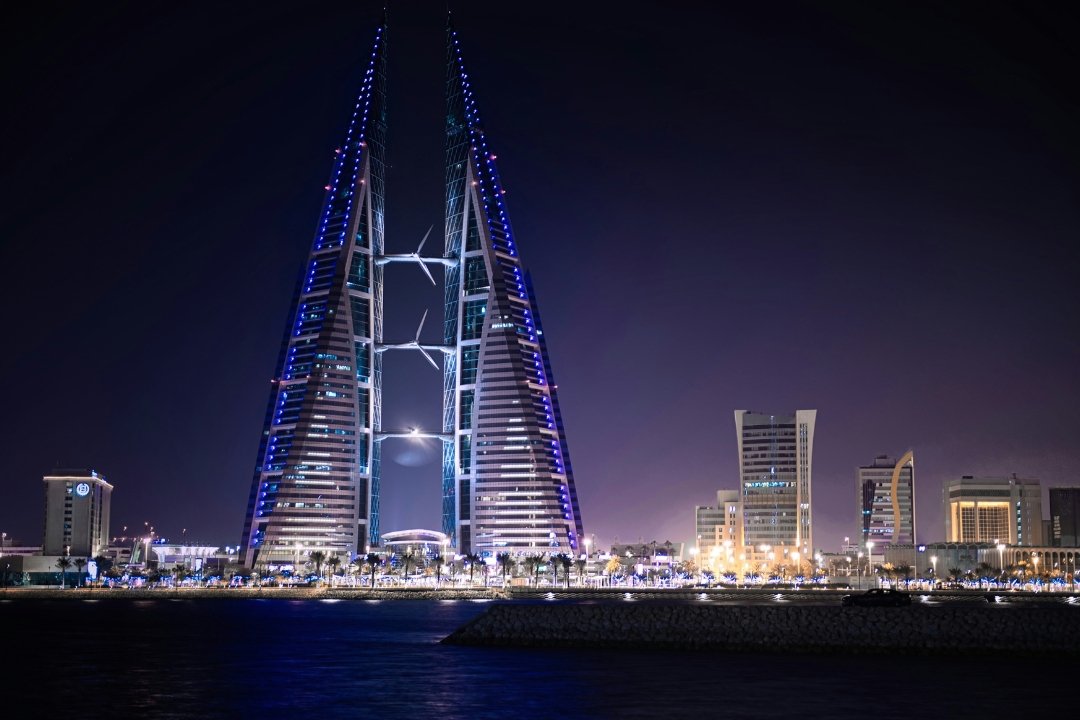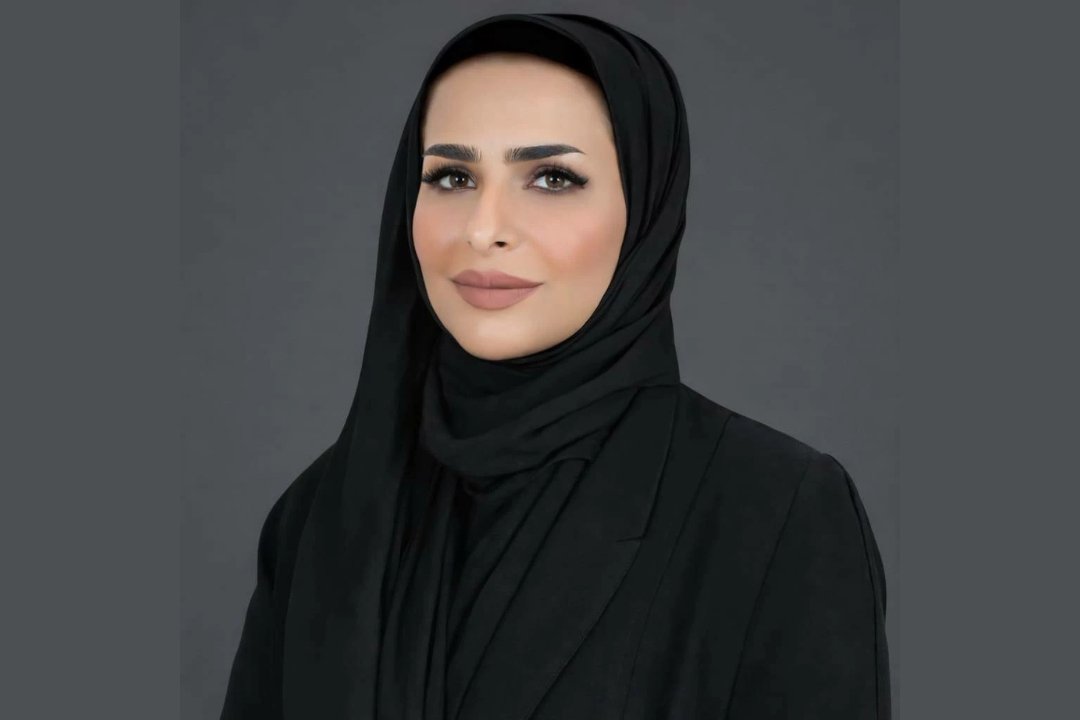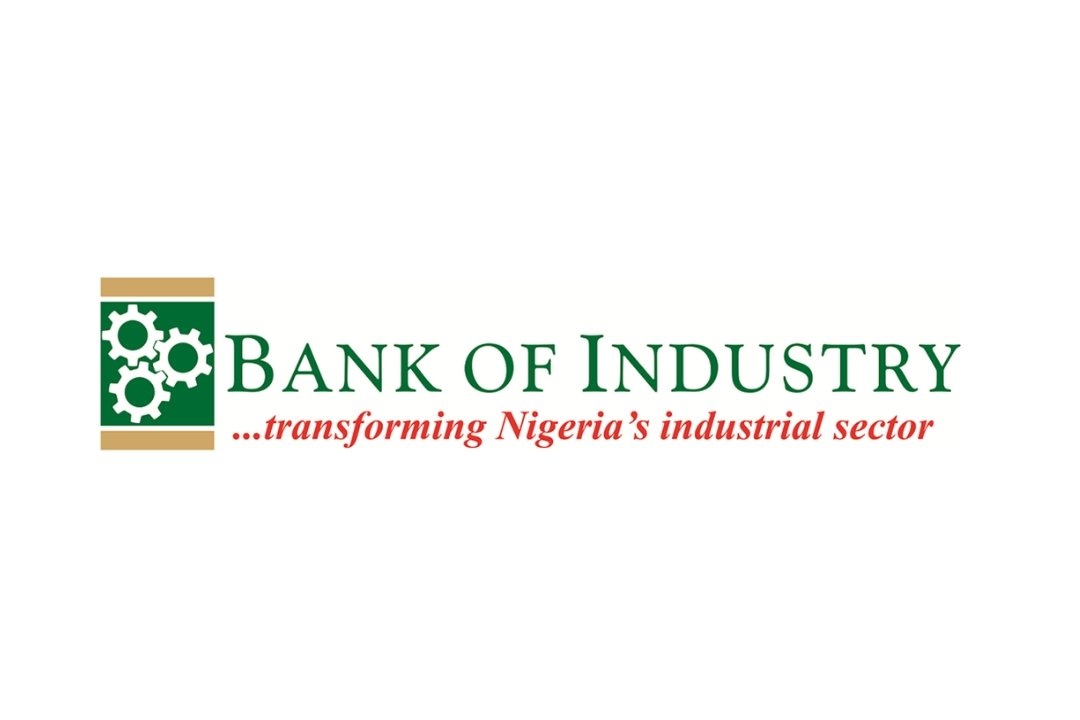The International Finance Corporation (IFC) has committed $605 million to fund three significant initiatives in Egypt, aimed at advancing climate finance, promoting sustainable tourism, and supporting small and medium-sized enterprises (SMEs).
In a landmark move, the first of these projects involves a $300 million investment in sustainability bonds issued by the Arab African International Bank (AAIB), marking Egypt’s debut in this area and the largest such issuance by a private bank in Africa. The bonds, co-financed by the European Bank for Reconstruction and Development (EBRD) and British International Investment (BII), are set to finance a range of green initiatives, including renewable energy projects and energy efficiency improvements. The bonds will also help support social development by funding microfinance and SMEs, which are key to Egypt’s economy.
In addition to its support for green finance, the IFC is focusing on Egypt’s tourism sector, a vital part of the country’s economy. The IFC has partnered with Orascom Development Egypt to strengthen the sustainable tourism industry. Sérgio Pimenta, IFC’s Vice President for Africa, noted, “Egypt’s tourism industry is a major contributor to employment, foreign exchange earnings, and tax revenues. Our partnership with Orascom Development Egypt is a testament to our shared commitment to supporting a strong and more sustainable tourism sector in Egypt.”
As part of the broader initiative, the funding will also be used to restructure Orascom’s existing debt, which will help improve the company’s financial stability and ability to invest in sustainable development projects. Omar El Hamamsy, Group CEO of Orascom Development, explained, “This partnership reflects our commitment as a global developer in contributing to a healthier planet, by creating vibrant destinations that harmonize with nature and boost Egypt’s economic growth.”
The investment aligns with Egypt’s broader goals for inclusive and sustainable growth, a focus that was echoed by Rania Al-Mashat, Egypt’s Minister of Planning and Economic Development. She praised the initiatives for their potential to create jobs, promote environmental sustainability, and drive long-term economic development.
The IFC’s $605 million investment comes at a crucial time, as Egypt seeks to diversify its economy and tackle the challenges of climate change while boosting key sectors such as tourism and small business development. By backing projects that promote sustainability, the IFC is helping to foster a greener, more resilient economy in Egypt that is better positioned to meet future challenges.



